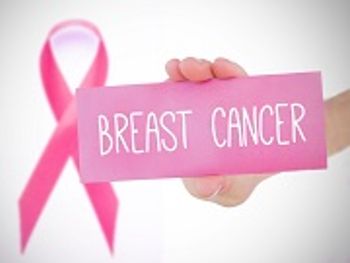
Neoadjuvant chemotherapy decreased recurrence and increased survival in African American patients.

Neoadjuvant chemotherapy decreased recurrence and increased survival in African American patients.

Compounds demonstrate high cancer-killing activity and low-toxicity in non-tumor cell line.
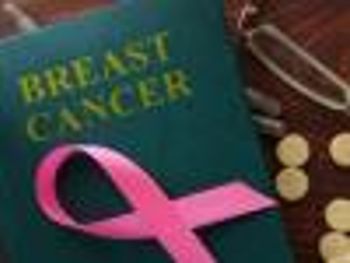
Targeted and individualized breast cancer treatment is viable.
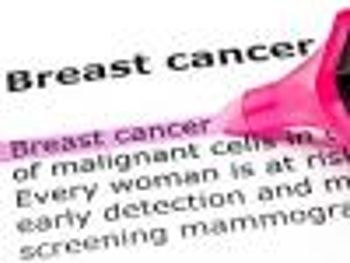
Many patients with stage 1 and 2 breast cancer are administered aggressive chemotherapy.
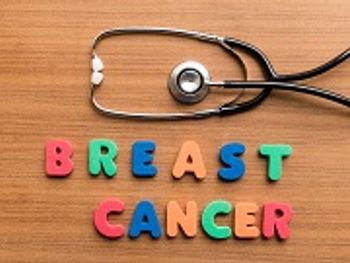
Patients with early-stage breast cancer may not need aggressive treatment.

Updates on the national performance benchmarks for digital mammography.

Early-stage breast cancer patients with low muscle quality and quantity have twice the risk of hospitalization.
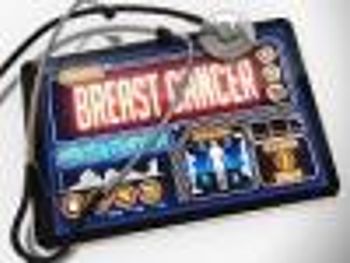
African American patients are more likely to be diagnosed with advanced cancer and have higher mortality.

Premenopausal African American women with a p35 mutation may be at a higher risk of developing breast cancer.
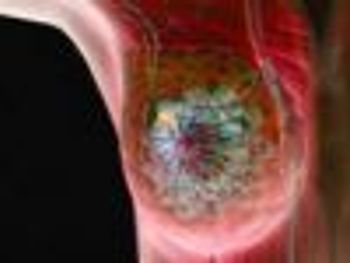
Combination treatment helped increase invasive disease-free survival in patients with an aggressive type of early breast cancer.

Researchers create a map of breast cancer cell shapes and genes that is linked to outcomes.

Mapping cancer cells to genes helps to formulate a treatment plan.
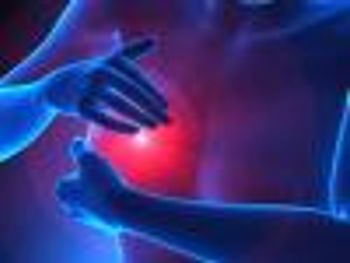
Lynparza (olaparib) shows efficacy in a phase 3 clinical trial of BRCA-mutated HER2-negative metastatic breast cancer.
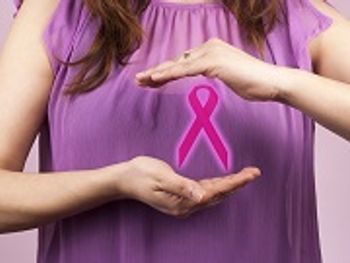
The phase 3 OLYMPIAD clinical trial met its primary endpoint of progression-free survival in breast cancer.

Certain BRCA1 mutations reduce the risk of developing leukemia.
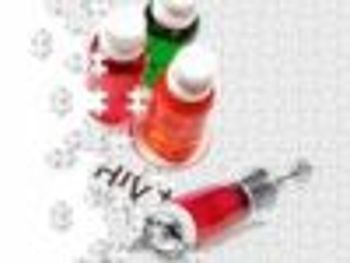
Top news of the day from across the health care landscape.

Study findings shed new light on breast cancer treatments.
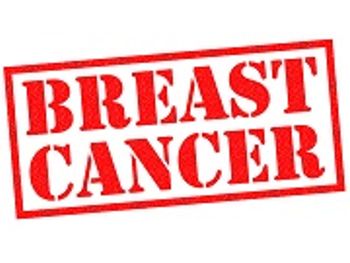
ER-positive breast cancers may be producing their own estrogen.
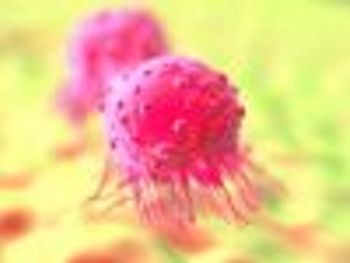
Interference with transcription factor activity may lead to the development of novel disease therapeutics.

University of Wisconsin-Madison investigators create a device to improve cancer detection.
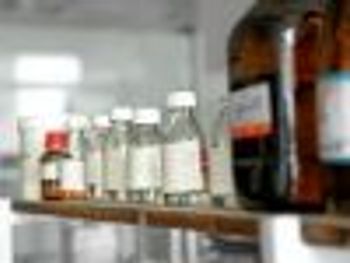
African Americans with breast cancer have a 40% higher death rate than European-Americans.

Top news of the day from across the health care landscape.
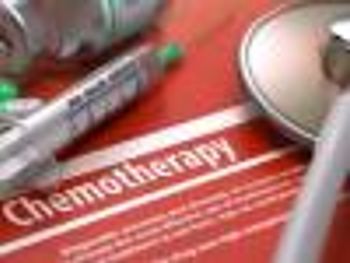
Time of day is an important factor in chemotherapy-induced adverse events.

Top news of the day from across the health care landscape.
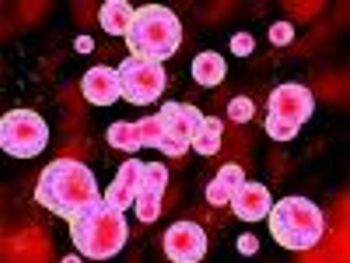
Findings may lead to preventative treatments for breast cancer, such as anti-inflammatory drugs.